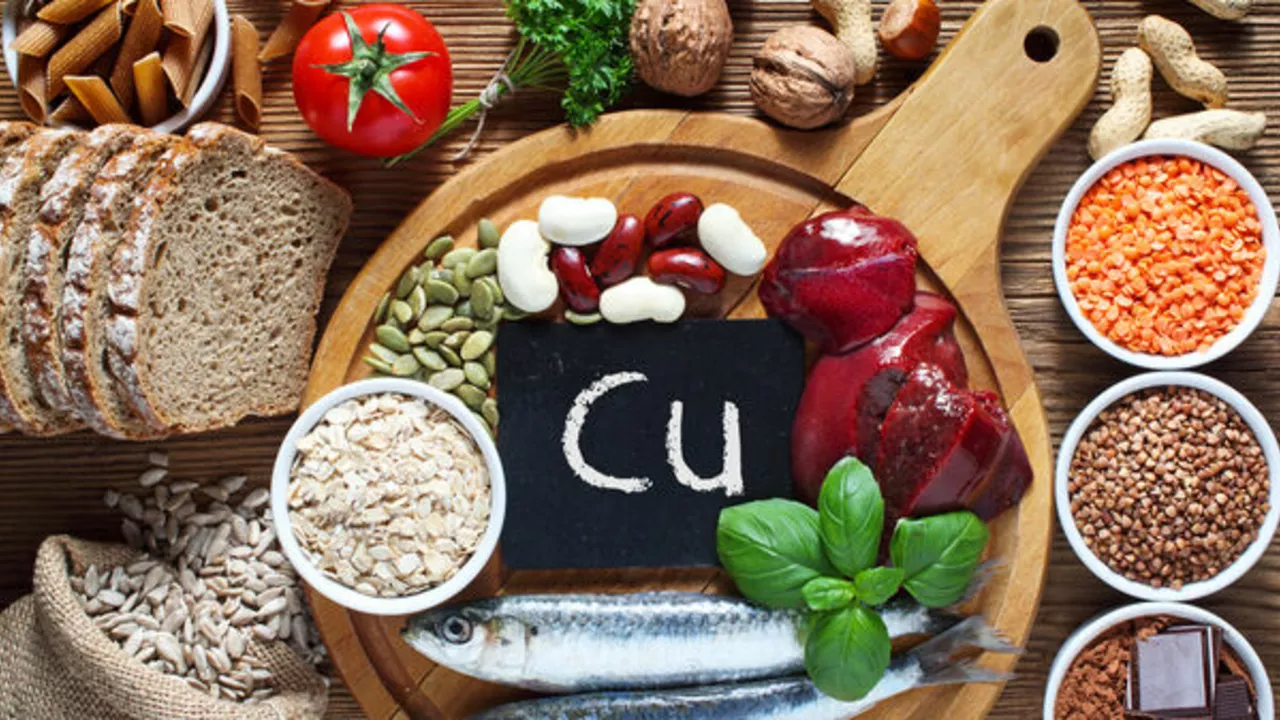Unearth the Copper Treasure: The Little Known Nutritional Powerhouse
It’s amazing how a small change in our daily diets can bring about significant shifts in our health. An essential yet often overlooked nutrient of conversation is copper. Yes, the same lustrous metal we find in our antique coins and arty-crafty findings – is also a vital element in maintaining our wellbeing. Let's dive into the riveting realm of copper and how its proven scientific health benefits make it important for us. Intrigued? I hope so, because the journey I'm about to take you on is as shiny as the copper we're talking about!
The Copper Connection: Rooting for Essentiality
Copper has long been associated with luxury and taste, much before it was recognized to host various health benefits. However, this tasteful copper has made its silent entry into our bodies since millennia. It has silently fortified our body cells, helped in iron absorption, and even given our skin and hair their respective glows. Honestly, our bodies are kind of a fan club for copper!
Now inevitably, the question rings, if copper is so crucial, why aren't we informed about it? To be fair, copper does take a backseat when it comes to public recognition. Perhaps it doesn't have a swanky ad campaign, or maybe it just prefers to work silently behind the scenes.
A Glimpse at the Goldmine: Copper’s Roles in Our Bodies
The true magnificence of copper lies in how it contributes to various bodily functions. It doesn’t work alone rather teams up with specific proteins to form enzymes – the biological catalysts that speed up various physiological reactions. Without these copper-induced enzymes, our bodies would run slower than a turtle during its nap time.
From maintaining a healthy heart, aiding iron absorption, to supporting the nervous system – copper plays multiple roles like a superstar performing several acts in a single show. And when it does collaborate with different body functions, the results are spectacular, making the body go "Copper, you da real MVP!".
Behind the Copper Curtain: The Science Involved
Given its extensive involvement in body functions, copper's absence threatens the efficient working of our body machinery. The science confirms copper's role in energy production, immune functions, iron metabolism, and gene regulation.
For instance, copper's role in producing red blood cells ensures oxygen circulation around our bodies like clockwork. Without sufficient copper, the production of red blood cells becomes sluggish and we can end up anemic – which is a shorthand for feeling like a deflated balloon all the time.
A Copper-A-Day: Incorporating it Into Your Diet
Ensuring adequate copper intake might sound like a daunting task, but thanks to Mother Nature, copper-rich food items can be easily found and incorporated into our diets. Shellfish, nuts, seeds, and certain fruits and vegetables can give us the necessary copper goodness. Imagine, just a handful of almonds could give you that extra spark!
Moreover, to extend your options, some copper dietary supplements are also available in the market. However, remember my friend, as with anything good, moderation is the key. Too much of anything, even love, remember the song? Hence, stick to the recommended dietary allowance. Onwards to a copper brightened health!
Shining the Copper Light: A Holistic Approach to Health
Incorporating copper into your diet is taking a step towards a holistic approach to health. Why holistic, you ask? Because copper connects to various aspects of your health, it's like updating many apps using a single software update. Pretty convenient, don't you think?
Interestingly, as I navigate the hustle and bustle of life in Sydney, I often turn to my quaint copper jar, filled generously with water. It is an age-old custom in the Indian subcontinent to store water in copper pots overnight. I picked up this habit from my travels, and the experience has been copper-tastic!
Every morning, as I notice my daughter, Amelia, guzzle down the copper infused water, it serves as a reminder of the elemental ties we often overlook. So as we continue our quest for a healthier life, let's remember to shine the copper light on our path. In this copper we trust, to brighter smiles and sturdier bodies!


Post A Comment